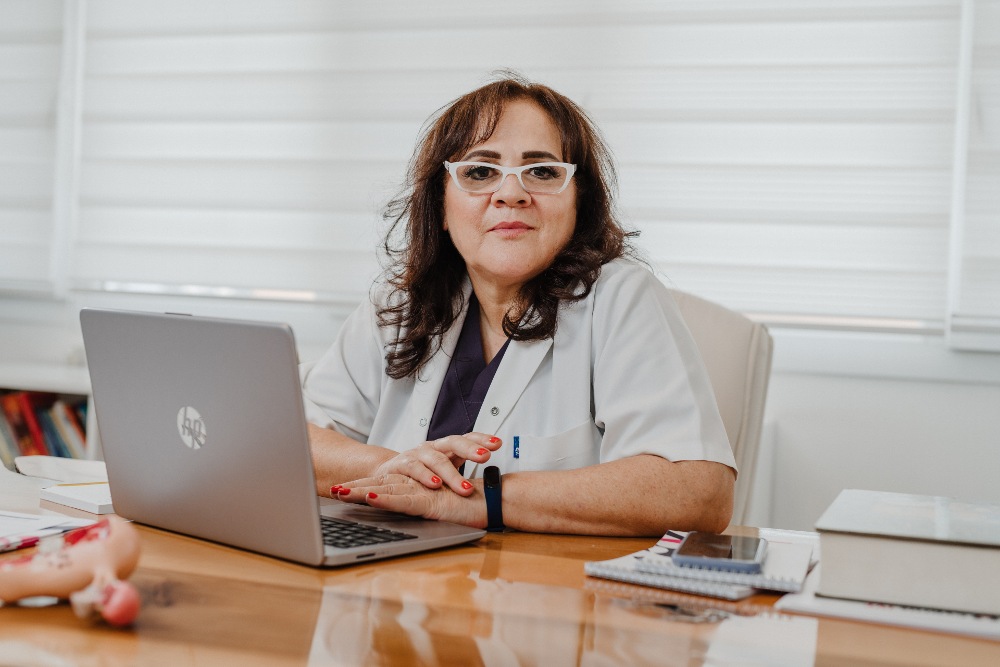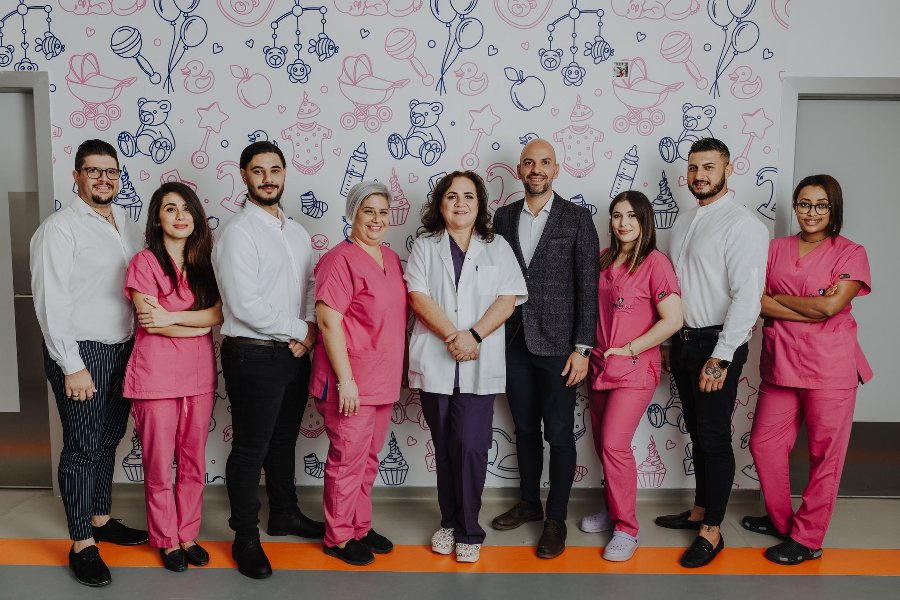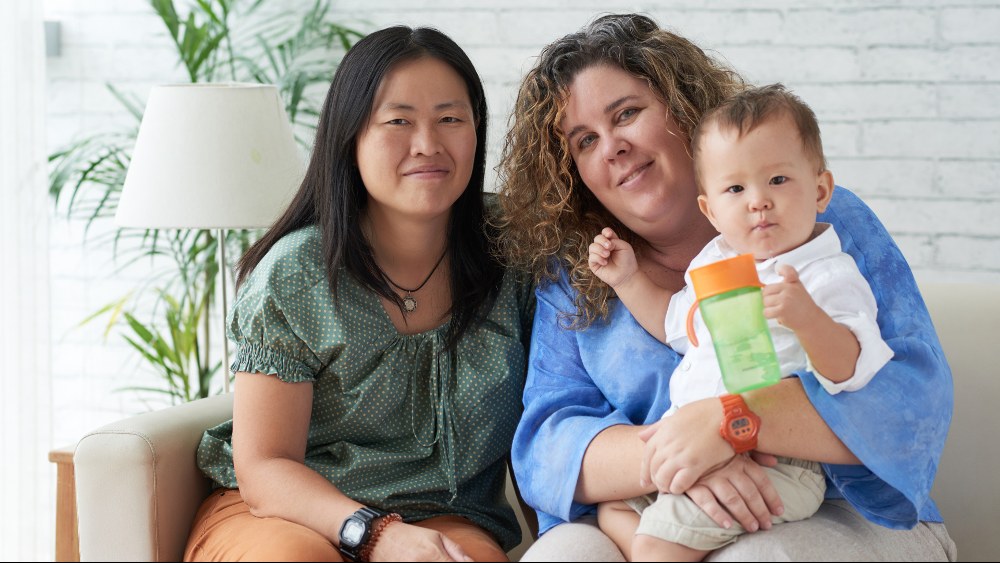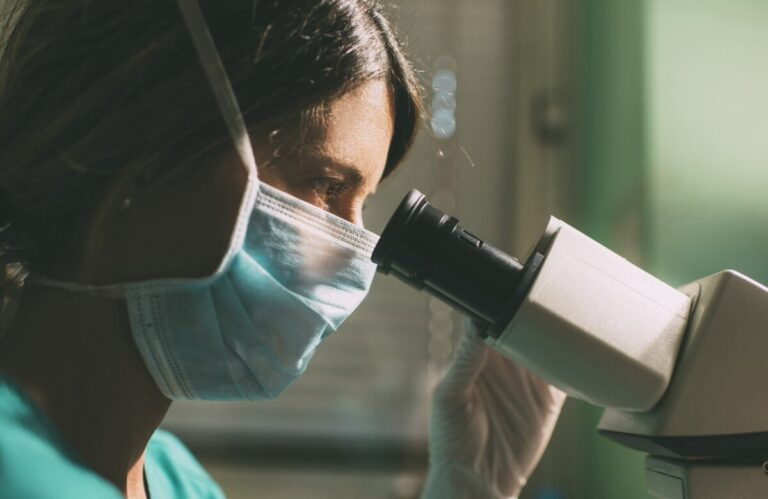ROPA (Reception of Oocytes from the Partner), also known as Reciprocal IVF or Co-IVF is a process enabling both members of a same-sex female couple to participate actively in the pregnancy process. One partner donates her eggs for embryo creation, and the other carries the pregnancy, allowing one to be the genetic mother and the other the gestational mother. Deciding roles—egg donor and gestational carrier—is crucial before beginning ROPA. Factors like age and fertility health play a significant role in this decision, with those under 35 generally having healthier eggs, leading to better IVF success rates.
The ROPA procedure mirrors conventional IVF in the initial stages, where the egg-providing partner undergoes ovarian stimulation and egg retrieval. These eggs are then fertilized with sperm from either an anonymous or known donor to create embryos, which are cultured to the blastocyst stage before being transferred to the gestational mother’s uterus.
Sperm donor selection is meticulously handled, with partnerships with European Sperm Bank and Cyros International ensuring a wide range of high-quality, compatible donor sperm from various ethnicities, ready for patients to choose from without delay.
Following this introduction to ROPA, let’s delve into the detailed journeys of two couples at Cyprus IVF Hospital, highlighting their personalized treatment paths and the collaborative efforts leading to successful pregnancies.

Case Study No. 1: A Tailored Journey to Parenthood
The Couple’s Background
This first case involves a lesbian couple with no prior IVF treatments, embarking on their path to motherhood through ROPA. Their journey was marked by the desire for both partners to contribute genetically and biologically to their child’s conception, presenting a complex yet hopeful scenario.
Initial Challenges and Diagnostic Approaches
Initial diagnostics focused on assessing egg quality, uterine health, and overall fertility potential of both partners. Given the absence of fertility issues but considering the critical age factor, tests were conducted to determine the best roles each partner would play in the pregnancy process.
Personalized Treatment Protocol
The treatment involved separate egg stimulation and collection for both partners, leading to the creation of two sets of embryos. The clinic’s strategy aimed at maximizing the chance of success by selecting the optimal embryos from each set for transfer.
Successful Outcome
The transfer of one embryo from each partner to Partner A resulted in a successful pregnancy and the birth of a healthy boy. This case is a testament to the clinic’s ability to navigate complex scenarios and achieve a successful pregnancy through meticulous planning and personalized care.

Case Study No. 2: Overcoming Genetic Challenges with Precision
The Couple’s Background
The second case features another lesbian couple, confronting additional challenges due to one partner’s genetic conditions. This scenario required an even more nuanced approach to treatment, underlining the importance of specialized care in assisted reproductive technologies.
Initial Challenges and Diagnostic Approaches
Comprehensive diagnostics revealed that one partner’s genetic conditions necessitated the other partner to be the egg donor. This decision was informed by thorough assessments, including hormone tests and ultrasounds, to ensure the health and fertility potential of the egg provider.
Personalized Treatment Protocol
The treatment protocol was carefully designed to address the specific needs of the couple, focusing on the healthy partner for egg retrieval. This strategic decision was complemented by the selection of a compatible sperm donor, aligning with the couple’s personal preferences and cultural background.
Successful Outcome
The meticulous selection of embryos and the preparation of the gestational mother’s uterus for implantation culminated in a successful pregnancy and the birth of a healthy child. This success underscores the clinic’s expertise in managing complex medical and genetic factors to achieve positive outcomes.
Reflecting on Personalized Care in Reproductive Medicine
Reflecting on the essence and impact of personalized care in the realm of reproductive medicine, the journey of these two couples from Israel, under the guidance of Dr. Serap Kağan and her team at Cyprus IVF Hospital, serves as a profound testament to the transformative power of tailored medical interventions. The practice of ROPA (Reception of Oocytes from the Partner), utilized in these cases, is more than just a technical procedure; it represents a deeply personal and collaborative journey towards creating new life, underscored by the meticulous attention to the specific needs and circumstances of each couple.
In conclusion, the narratives of these couples, facilitated by the dedicated work of Dr. Serap Kağan and her team, shine a light on the critical importance of personalized care in reproductive medicine. It’s a reminder that behind every treatment, there are individuals with their hopes, dreams, and fears, and acknowledging this with empathy and expertise can lead to outcomes that are as rewarding as the birth of a new family member. Cyprus IVF Hospital’s dedication to providing such comprehensive, individualized treatment plans not only achieves successful pregnancies but also fosters a sense of trust and hope among couples on their path to parenthood, marking significant milestones in the field of reproductive health and family building.




